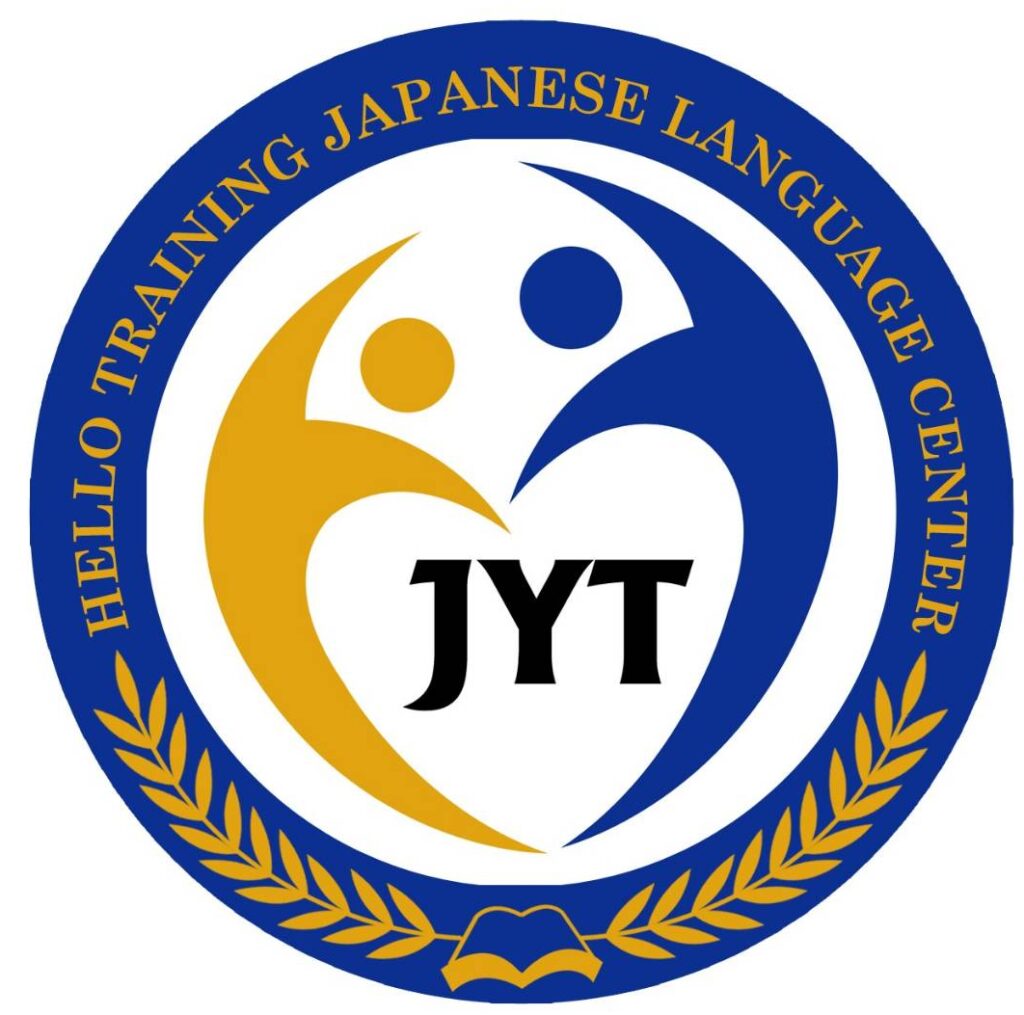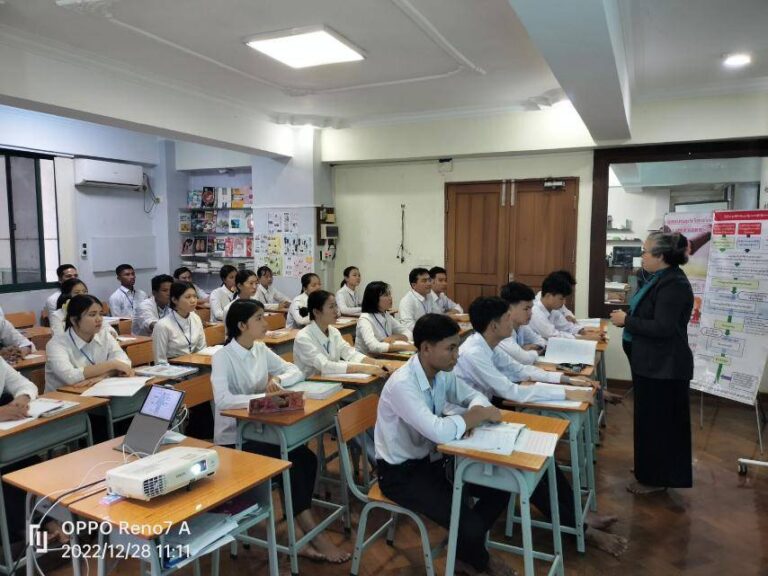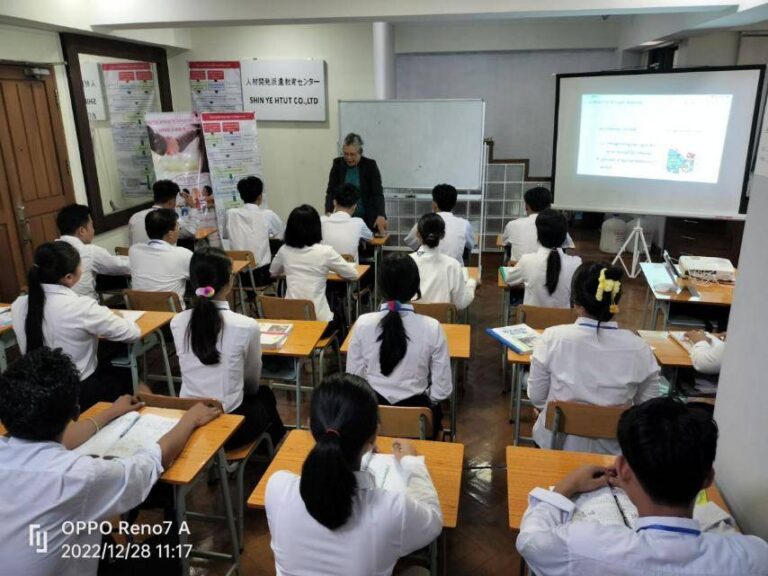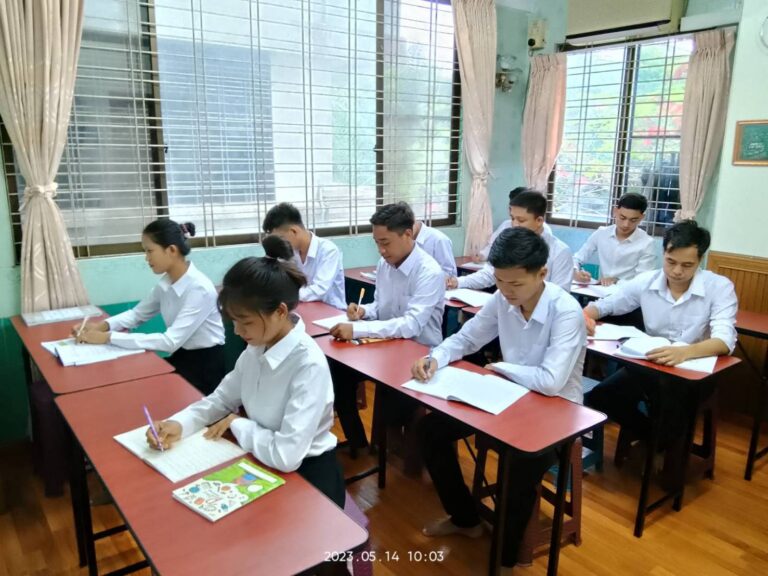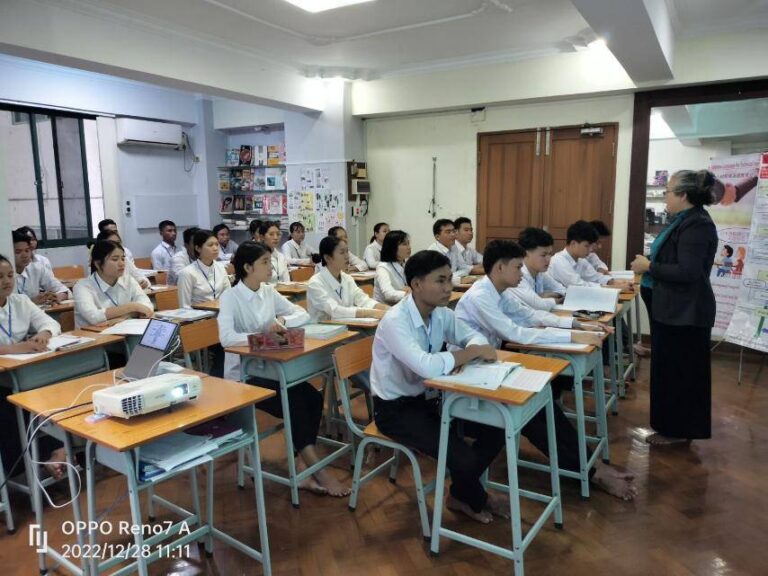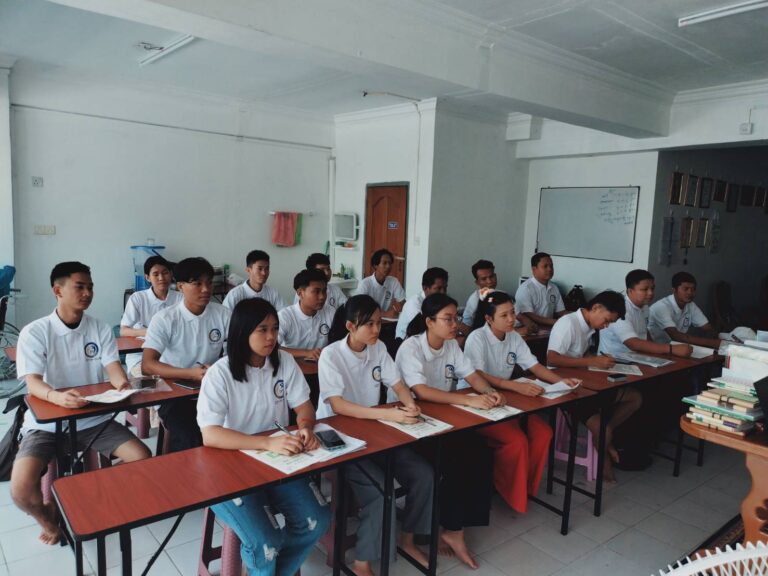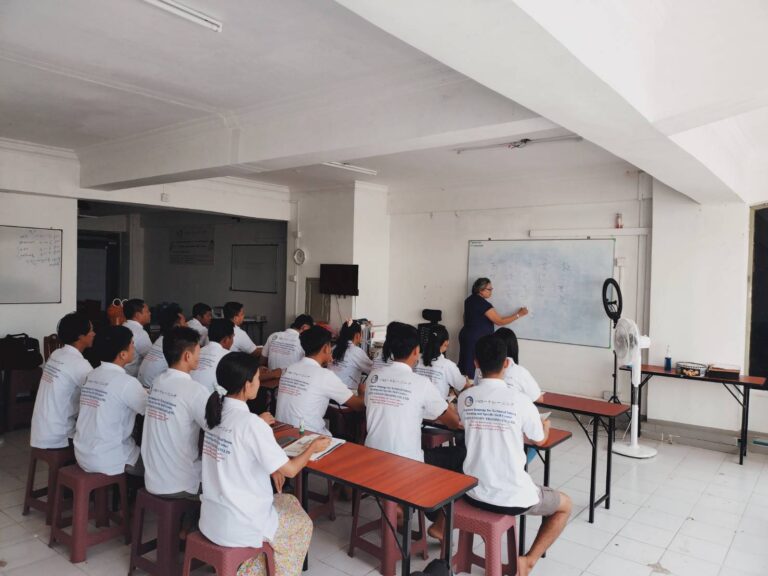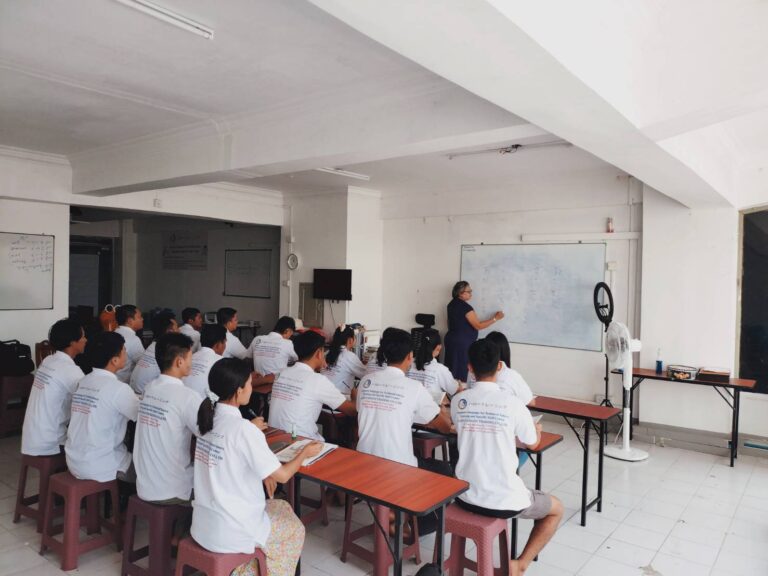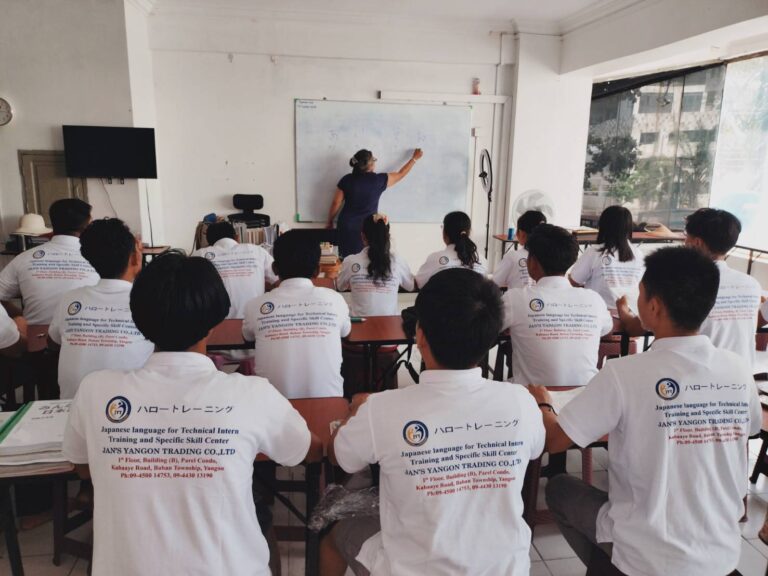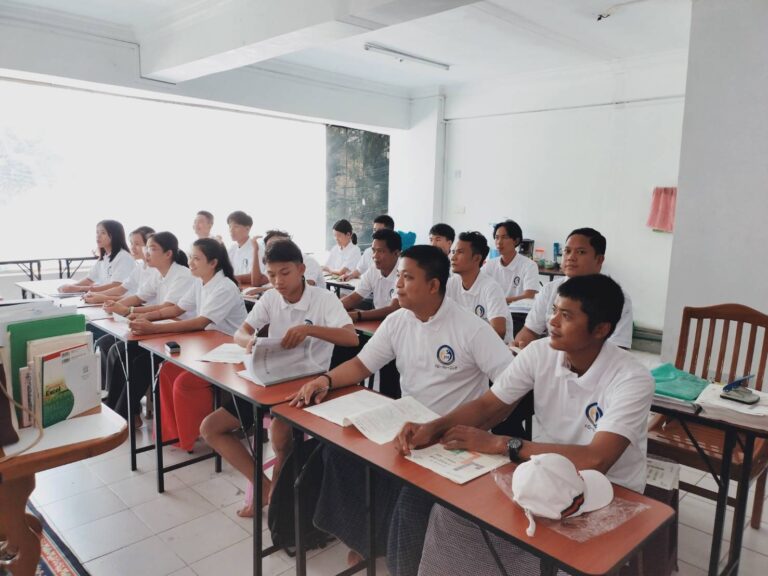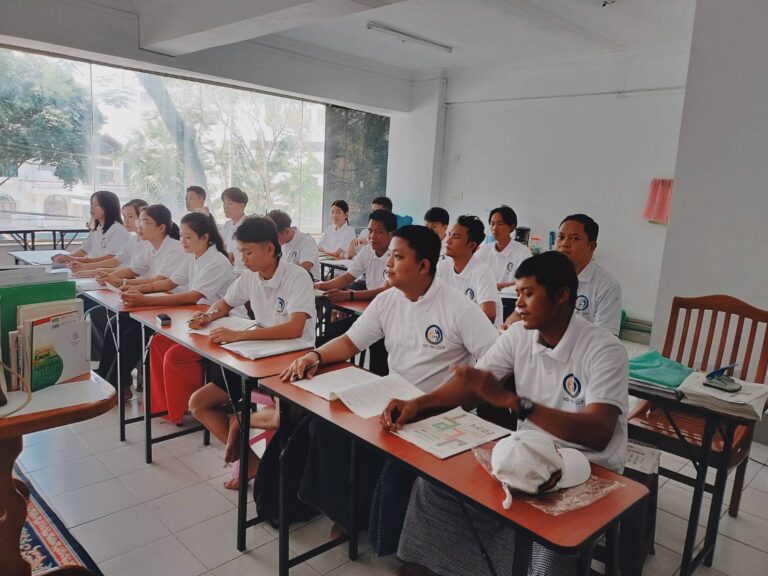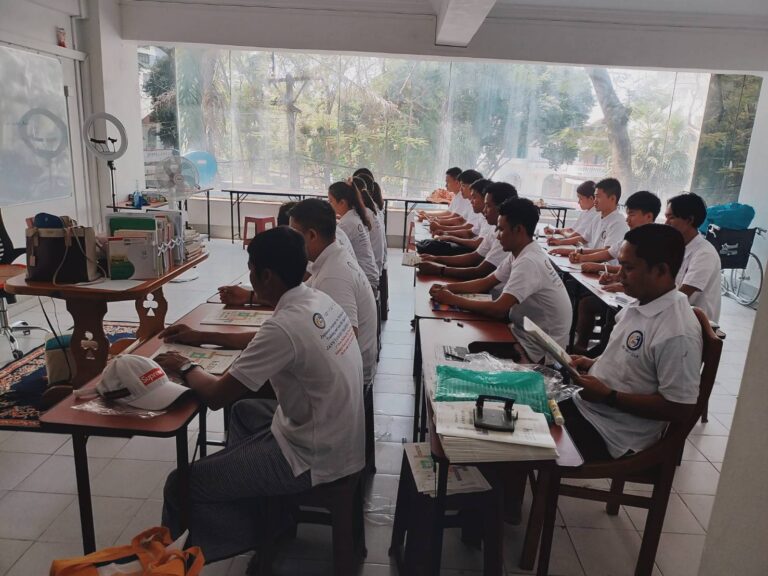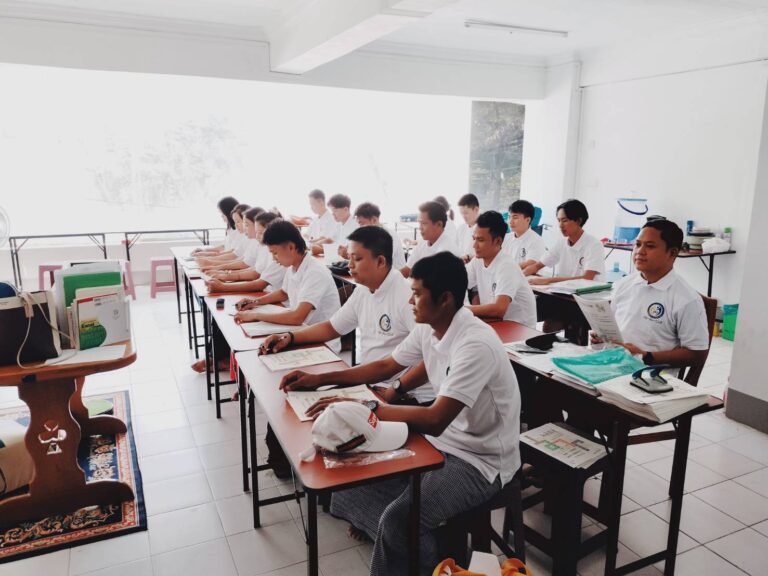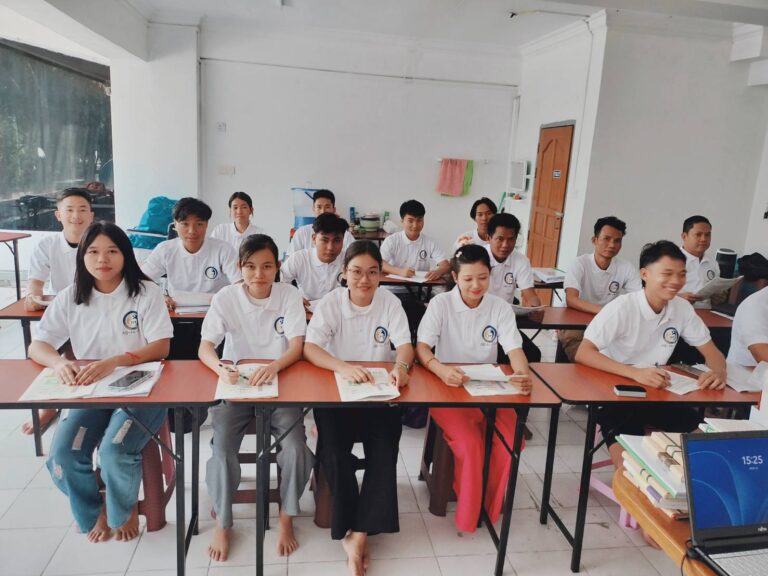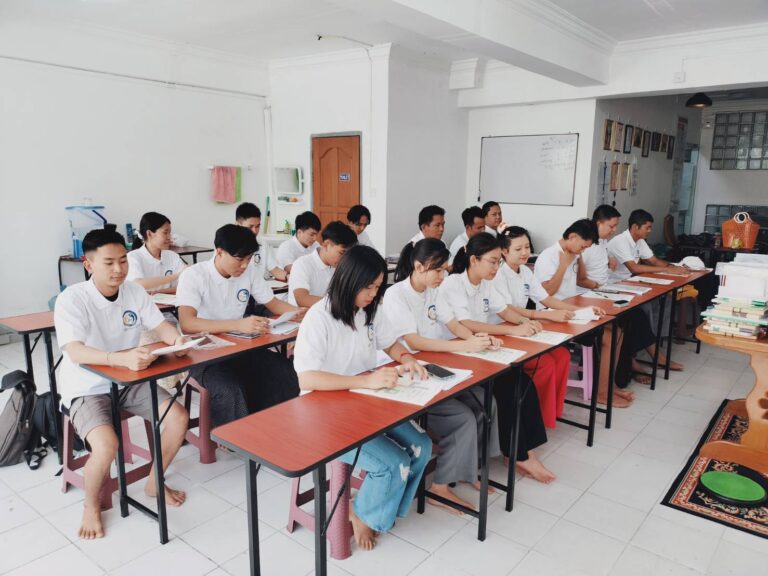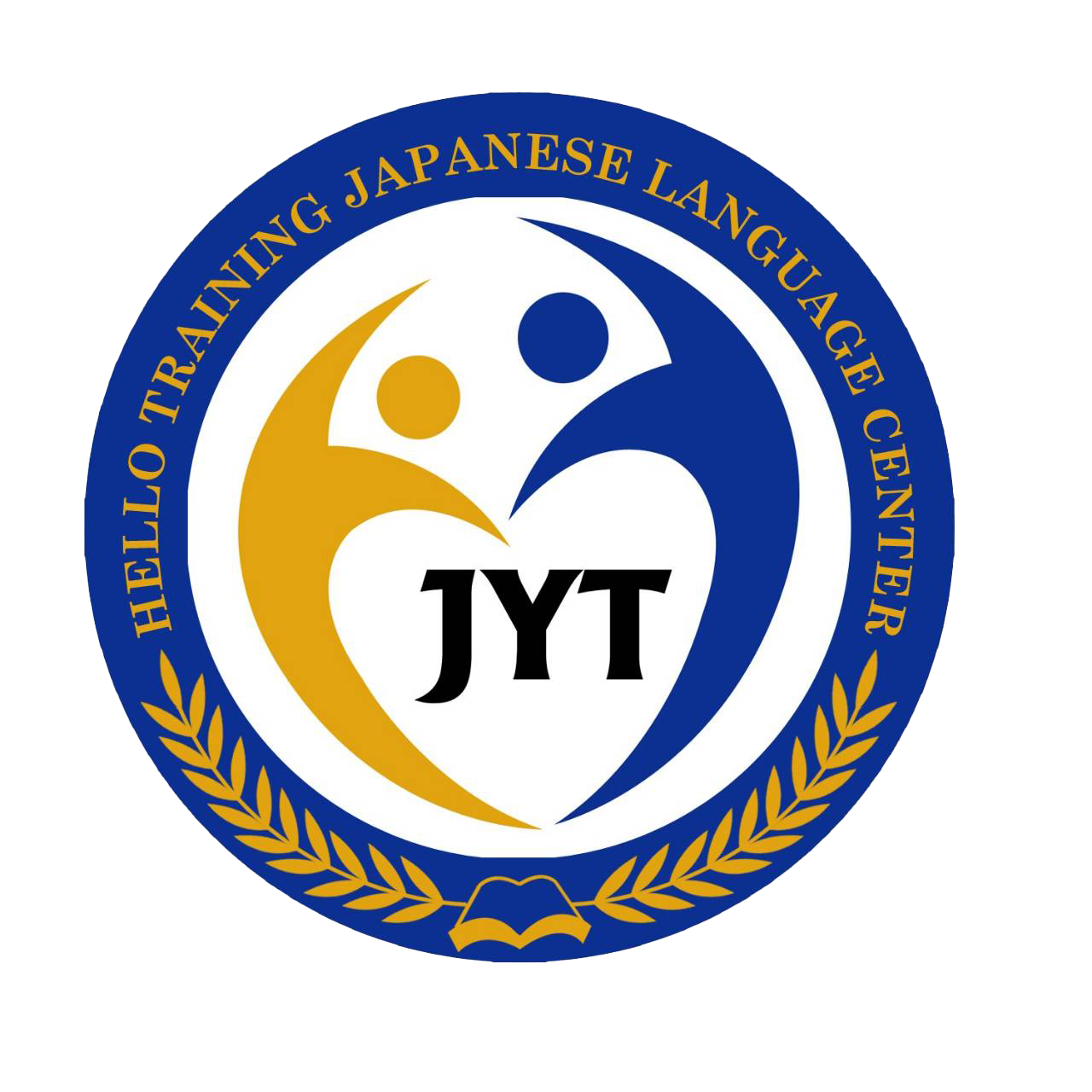Interview PREPARATION
အလုပ်အင်တာဗျူးဖြေဆိုရန်လေ့ကျင့်သင်ကြားပေးမှုများ
How to prepare for a job interview in Japan?
- For a foreigner, a job interview in Japanese is not only a proficiency assessment, but also a test for their capacity to adapt to a Japanese company’s environment.
- If you are one of them, you must arrive at least 5 minutes early.
- You must wear appropriate clothes.
- For the interview, don’t interrupt your interviewer(s), don’t say too much, keep your answers concise and straight to the point and remain humble.
- If the interview is in English, make sure to adapt to your interviewer’s level of English, especially if they are not fluent.
- If it is in Japanese, brush up your jikoshoukai and prepare yourself to answer frequently asked questions.
Useful details to know before taking a job interview in Japan
This article will focus on taking a job interview in Japan, how to prepare for it and what to expect during the interview. We will not be talking about job hunting in Japan, or how to apply for a job, or how to write your CV (resume) in Japanese. However, if you’d like to learn more about these topics, feel free to click on the links above, redirecting you to articles about these topics.
A successful job interview in Japan is based on a candidate’s Japanese skills as well as their understanding of cultural norms. In other words, some details such as punctuality or the outfit can be crucial ones, especially when choosing between two candidates. Interviewers will not overlook any detail.
Punctuality: in Japan, early is on time and on time is late
You must be at least 5 minutes early to an interview. Being late is considered rude and may impact your chances to get the job.
In order to avoid being late, check your travel time ahead: on the internet, or try to go to the place of the interview before the interview date. Leave early and expect some possible transportation delays. If you are going to be late, tell your interviewer as soon as possible.
What to wear for an interview in Japan?
You only have one chance to make a first impression. This is especially true in Japan. Consequently, you should take the matter very seriously as a single mistake could cost you your future job. During a job interview in Japan, your outfit has to be perfect. Your interviewers will give it a great importance and will base their first impression of you on it.
Men’s outfit
Men should wear a dark suit, often black, blue or grey. For the shirt, they should wear a white one with a necktie. The belt needs to be the same color as the shoes, which must be perfectly waxed. Needless to say that their hair needs to be neatly styled. There are not many men with long hair in Japan, but if you happen to be one of them, make sure to tie it properly.
Women’s outfit
Women should wear a suit as well (with a skirt, most of the time) in the same color palette as men and with a white shirt as well. Long hair needs to be tied up properly. Also, avoid putting too much makeup or perfume on. Your shoes will need to be waxed and your clothes ironed. Everything needs to be perfect!
Stages of a job interview in Japan
During a job interview in Japan, interviewers will pay close attention to your outfit, your behavior, as well as your self-organisation. If you are bringing documents with you, they must always be ordered and you must not lose time when pulling them out. You should look like you are organized and never seem to be improvising.
A job interview in Japan is structured in a specific way with specific steps, from the moment you enter the room, to your self-introduction and when asked questions. We are going to detail each step in this part.
How to enter the interview room
Even the entrance of a candidate in the room is codified in Japan. Knowing how to do so, is a good opportunity to show your understanding of Japanese culture, habits and customs and, thus, your capacity to adapt.
- Knock on the door three times and say “Shitsurei shimasu (失礼します/しつれいします).
- Wait for someone to say “dozo” to enter the room.
- Enter the room, close the door behind you and greet your audience by saying shitsurei shimasu. Bow and do not try to shake any hands unless you’re invited to do so.
- Go next to your chair, introduce yourself and wait for someone to tell you to take a seat.
The following video is an oral exam tutorial at SNG, our Japanese language school in Tokyo. A job interview will not be exactly the same but the rules are, in general, very similar.
Expected language skills during an interview in Japan
If you are taking a job interview in Japanese, some basic knowledge of keigo can be extremely useful. Even though it’s not always a requirement when hiring foreign workers, it can play a role when making the final decision on who to hire, especially if two candidates have equivalent skills.
On the other hand, if the interview is English, make sure to adapt your level to your interviewer’s. In Japan, where the English level is usually low, some companies will consider people who scored around 700 on their TOEIC (equivalent to an intermediate level) as bilinguals. Consequently, if your interviewers are Japanese, avoid using words that are too sophisticated. If they were not to understand, they could feel humiliated, especially if they are not alone conducting the interview. However, if you feel like their English level is higher than average, feel free to use a more developed glossary.
Prepare for your self-introduction
In Japan, self-introduction is almost like a sacred ritual, heavily codified and that everyone has been practicing from a young age. In Japanese, it’s called “jikoshoukai” (自己紹介). It’s a mandatory part of the interview so be ready.
First of all, as shown in the video below, start off by saying where you come from. Then, tell your interviewer your last name and your name. If you wish, you can add extra information about yourself, as long as they are relevant to your interviewer(s).
Frequently asked questions during a job interview in Japan
In Japan, as in other countries, there is always a time for questions and answers during an interview. When you reach that part, keep in mind that Japanese people prefer short and concise answers. Avoid going off topic, be precise and stay humble.
Obviously, questions will differ depending on the company, the field and the job you’re applying for. However, here are some questions that will often be asked.
- Why did you come to Japan?
- How long do you plan on staying in Japan?
- What do you like in Japan?
- Do you like Japanese food?
- What are your hobbies?
- Do you consider yourself capable of working in a Japanese environment?
- What are your strengths and weaknesses?
- The reasons why you are applying for this company/job
- What is your Japanese level?
- How long have you been studying Japanese for?
- When can you start?
- Why do you want this job?
- Why do you want to work for our company?
- What’s your commute time? (to the office)
Last pieces of advice
Don’t forget to turn off your phone before going to the interview. Sit up straight on your chair, hands on your laps and do not cut your interview off. Take a deep breath. Everything is going to be alright!
